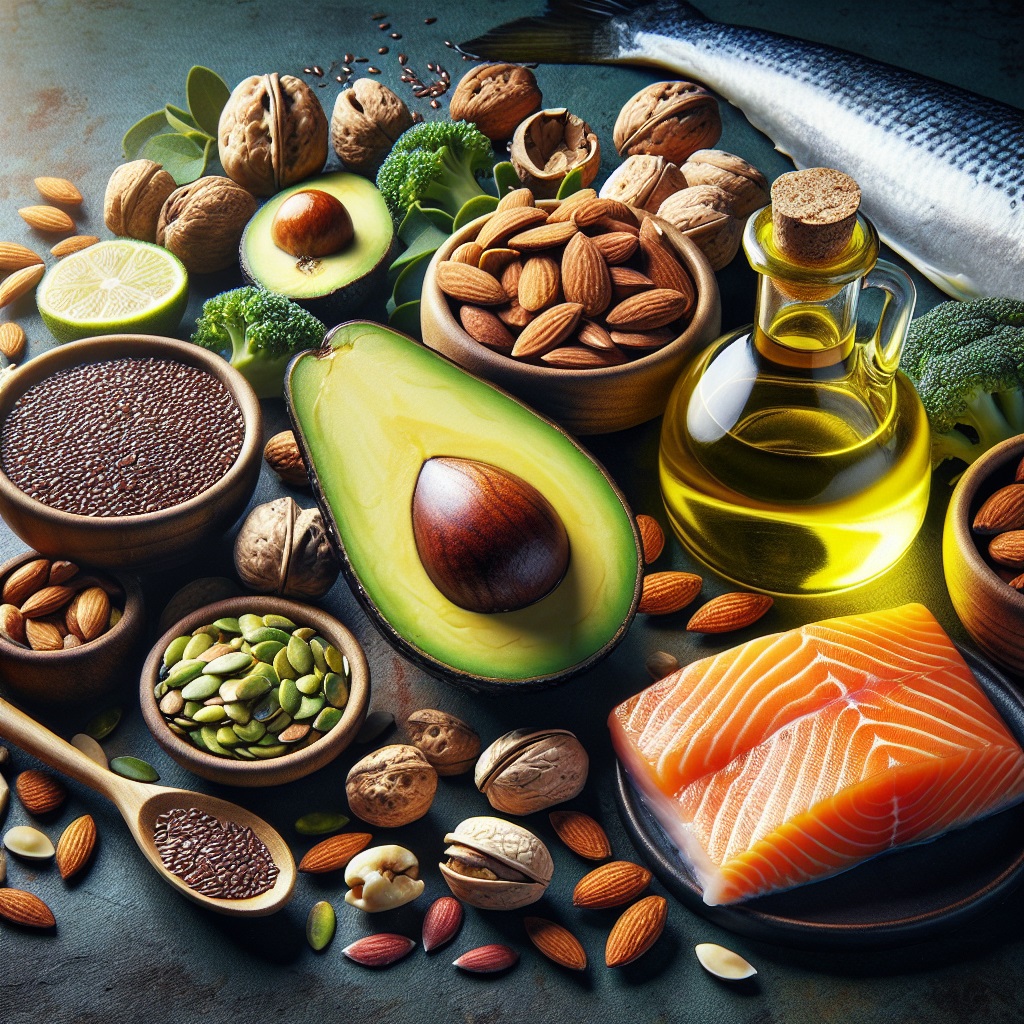Introduction
Have you ever had a “gut feeling” about something? Well, it turns out your gut has more to say about your overall health than you might think. Gut health is not just a trendy topic; it’s a crucial aspect of our well-being that affects everything from digestion to immunity and even mental health. For health enthusiasts and those keen on optimizing their nutrition, understanding how to support a healthy digestive system can be a game-changer. In this blog post, we’ll explore the importance of gut health and highlight the foods that can help you maintain a happy, healthy gut.
Why Gut Health Matters
Your gut is home to trillions of bacteria, fungi, and other microbes collectively known as the gut microbiome. This ecosystem plays a significant role in digestion, nutrient absorption, and even the production of certain vitamins. A balanced gut microbiome is essential for maintaining a strong immune system and can influence your mood and energy levels.
Disturbances in gut health can lead to various issues such as bloating, indigestion, and more severe conditions like irritable bowel syndrome (IBS). Understanding the importance of gut health is the first step in making informed dietary choices that support your digestive system.
The Connection Between Gut Health and Overall Wellness
A healthy gut does more than just process food; it communicates with the brain through the gut-brain axis, influences immune responses, and impacts mental well-being. Research has shown that a balanced gut microbiome can reduce inflammation, enhance cognitive function, and even alleviate symptoms of depression and anxiety.
When your gut is healthy, you’re more likely to experience improved digestion, better nutrient absorption, and a stronger immune response. Conversely, an imbalanced gut can lead to nutrient deficiencies, weakened immunity, and mental health challenges.
Probiotics and Prebiotics: The Dynamic Duo
Probiotics and prebiotics are essential for maintaining a healthy gut microbiome. The Probiotics are live microorganisms that provide health benefits when consumed in adequate amounts. They help replenish and balance the good bacteria in your gut. Prebiotics, on the other hand, are non-digestible fibers that feed these beneficial bacteria.
Including both probiotics and prebiotics in your diet can enhance gut health. Probiotic-rich foods include yogurt, kefir, sauerkraut, and kimchi, while prebiotic foods include garlic, onions, leeks, and asparagus.

Read More👉 The Power of Superfoods and How They Boost Your Health
Fermented Foods for a Happy Gut
Fermented foods are a fantastic source of probiotics, which help maintain a balanced gut microbiome. These foods undergo a fermentation process that promotes the growth of beneficial bacteria. Some popular fermented foods include yogurt, kefir, kombucha, and sauerkraut.
Consuming fermented foods regularly can improve digestion, boost immunity, and even enhance mental clarity. They are a delicious and natural way to support your gut health.
Fiber-Rich Foods and Their Benefits
Fiber is crucial for a healthy digestive system. It adds bulk to your stool, making it easier to pass and promoting regular bowel movements. There are two types of fiber—soluble and insoluble—both of which are beneficial for gut health.
Soluble fiber dissolves in water to form a gel-like substance, helping to slow digestion and maintain steady blood sugar levels. Insoluble fiber adds bulk to the stool and aids in its passage through the digestive tract. Foods rich in fiber include fruits, vegetables, whole grains, and legumes.
The Power of Whole Grains
Whole grains are an excellent source of fiber and other essential nutrients that support gut health. Unlike refined grains, whole grains retain their bran, germ, and endosperm, providing more fiber, vitamins, and minerals.
Incorporating whole grains like oats, quinoa, brown rice, and whole wheat into your diet can promote a healthy digestive system. These grains help maintain regular bowel movements and provide sustained energy throughout the day.
Fruits and Vegetables for Digestive Wellness
Fruits and vegetables are packed with vitamins, minerals, and fiber, all of which contribute to a healthy gut. They also contain antioxidants that reduce inflammation and protect the gut lining.
Leafy greens like spinach and kale, as well as fruits like apples, berries, and bananas, are particularly beneficial for gut health. These foods not only support digestion but also provide a wide range of nutrients that enhance overall well-being.

Read More👉 Fuel Your Life with Nutrition Power
The Role of Healthy Fats
Healthy fats are essential for gut health as they help the body absorb fat-soluble vitamins and provide long-lasting energy. Omega-3 fatty acids, in particular, have anti-inflammatory properties that benefit the gut.
Sources of healthy fats include avocados, nuts, seeds, olive oil, and fatty fish like salmon and mackerel. Including these fats in your diet can improve nutrient absorption and support a healthy digestive system.
Hydration and Gut Health
Staying hydrated is crucial for maintaining a healthy digestive system. Water helps break down food, absorb nutrients, and eliminate waste. Dehydration can lead to constipation and other digestive issues.
Aim to drink at least eight glasses of water a day and consume hydrating foods like cucumbers, watermelon, and oranges. Proper hydration ensures that your digestive system functions smoothly.
The Impact of Sugar and Processed Foods
Excessive sugar and processed foods can disrupt the balance of bacteria in your gut, leading to an overgrowth of harmful bacteria. This imbalance can cause inflammation, digestive issues, and even impact mental health.
Reducing your intake of sugary drinks, sweets, and processed snacks can significantly improve gut health. Opt for natural sweeteners like honey or maple syrup and choose whole, unprocessed foods whenever possible.
Stress and Its Effect on the Gut
Chronic stress can negatively impact gut health by altering the gut microbiome and increasing inflammation. The gut-brain connection means that stress can lead to digestive issues like IBS and exacerbate existing conditions.
Practicing stress-reducing techniques such as mindfulness, meditation, and regular exercise can improve gut health. Finding ways to manage stress is essential for maintaining a healthy digestive system.

Read More👉 Fuel Your Fitness Journey With Nutrition Tips for a Healthy Life
Sleep and Gut Health
Quality sleep is vital for overall health, including gut health. Poor sleep can disrupt the gut microbiome and weaken the immune system. Aim for 7-9 hours of quality sleep each night to support your digestive health.
Establishing a regular sleep routine, creating a comfortable sleep environment, and avoiding stimulants like caffeine before bed can improve sleep quality and, in turn, support gut health.
Conclusion
Understanding the importance of gut health and incorporating foods that support a healthy digestive system can have a profound impact on your overall well-being. From probiotics and fiber-rich foods to healthy fats and hydration, there are numerous ways to nourish your gut.
By making mindful dietary choices and adopting stress-reducing practices, you can maintain a balanced gut microbiome and enjoy improved digestion, enhanced immunity, and better mental health. Start your journey to a healthier gut today and experience the benefits of a well-nourished digestive system.
For more personalized guidance on optimizing your gut health, consider consulting with a nutritionist or exploring further resources. Your gut will thank you!

